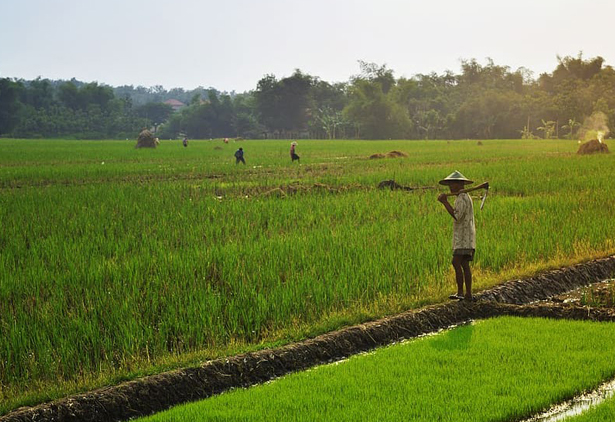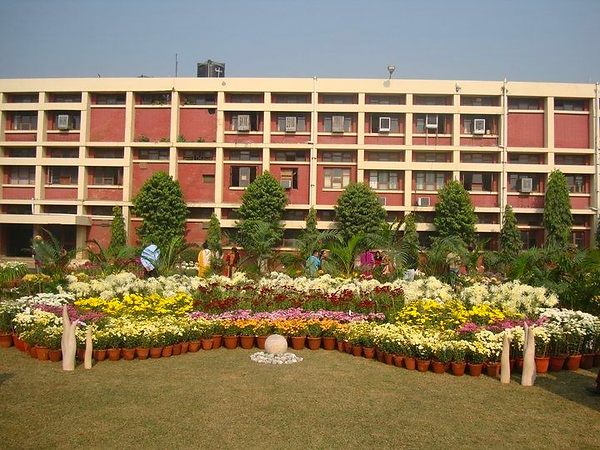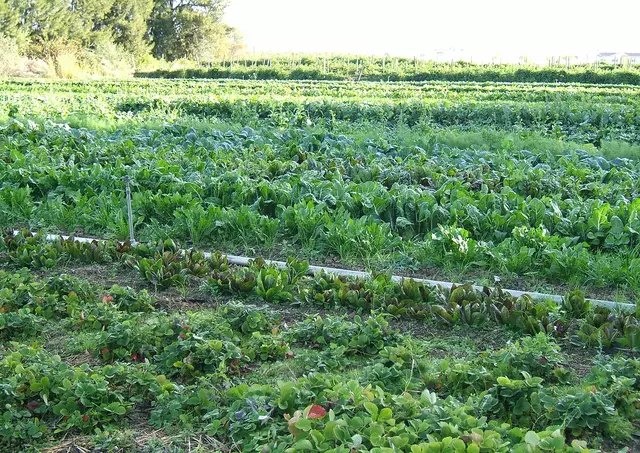Integrated Farming
- Home
- Integrated Farming
This technique means the addition of typically chickens, livestock and fisheries to regular grain crops, vegetables and fruit. This technique is suited for small farmers who may own very small amounts of land so they can increase their incomes. The “integrated” part of this that is important is that the livestock and fishery sections can use as well as contribute fertilizer to other sections of the farm. For example, simply the wash from the livestock shed plus Burseem (alfalfa) can be sufficient feed for the fish. Cow and chicken manure can be valuable organic fertilizer, and chickens can eat insects and cows can eat fodder grown on the farm. This natural system can save the farmer money on inputs while helping him transition to more organic farming and use of natural techniques to control unwanted insects.
The technique also favors traditional varieties of seeds and crops and generally does not use hybrid and new varieties and definitely not the new GMO (genetically modified) seeds. The plants are generally planted intensively and sometimes uses the practice of companion planting, where plants that like each other are grown together.
The plants are generally healthier and so more resistant to insect attacks, but one can use sprays of biological herbicides and pesticides, if needed. Organic farming is more labor intensive, but should command a premium in terms of price as the produce is cleaner and more nutritious. The produce is generally more nutritious and is definitely free of any herbicide and pesticide residues that are and for the health.”
Articles
S. Ptitam Singh Kumedan is an expert on Water issues. He is consulted by SAD, Congrss and AAP leaders before they make a statement on water issue. Since there is recent controversy on Punjab waters, I requested him to enlighten us. He kindly obliged- Jagpal Singh Tiwana VALUE OF WATER GIVEN TO Rajasthan, Haryana and […]
I had the pleasure of meeting with Ramnik Singhji at his store in Sector 8 in Chandigarh on February 23. He described how by 2014 he had seen the environmental crisis developing in Punjab very fast in terms of deterioration of air, water and soil and so was drawn to organic farming and products. Khaalis […]




